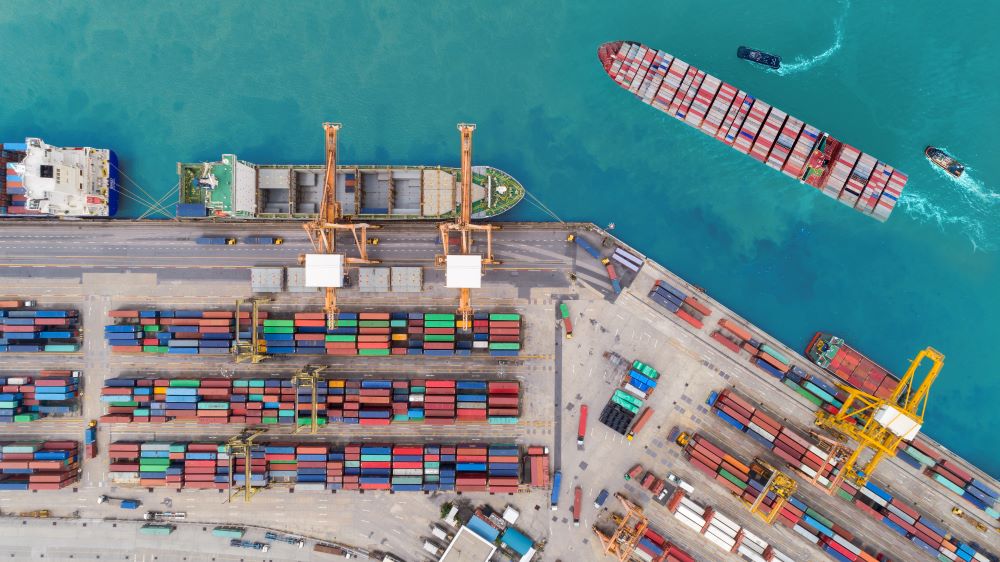
Cities and towns in England can soon bid to become Freeports next year, a HM Treasury initiative aimed at giving businesses tax breaks and more relaxed customs procedures.
The government confirmed yesterday that sea, air and rail ports in England are invited to bid for ‘freeport status’ before the end of the year, with the freeports open by the end of 2021.
It aims to establish at least one Freeport in each nation of the UK.
After a consultation with industry from February to July, the government confirmed that freeports will benefit from:
- streamlined planning processes to aid brownfield redevelopment;
- simplified customs procedures and duty suspensions on goods
- a package of tax reliefs to help drive jobs, growth and innovation
Special status
Freeports are zones considered outside a country for customs purposes, allowing goods and components to be imported and exported from the zone tariff-free. The government sees them as an important tool to build post-Brexit growth by attracting domestic and international investment.
Chancellor Rishi Sunak has drawn up plans for a first wave of 10 freeports in the UK next year. The government is working with devolved administrations to enable the creation of freeports in all four nations of the UK, promising they will be selected "through a fair, transparent and competitive process ".
Inclusive approach
British Ports Association chief Richard Ballantyne welcomed the fact that the government has taken a more inclusive view of the number of potential freeports that could be designated, telling Hellenic Shipping News: “Government can now explore how to better deliver on its levelling up agenda without picking regions over each other”.



